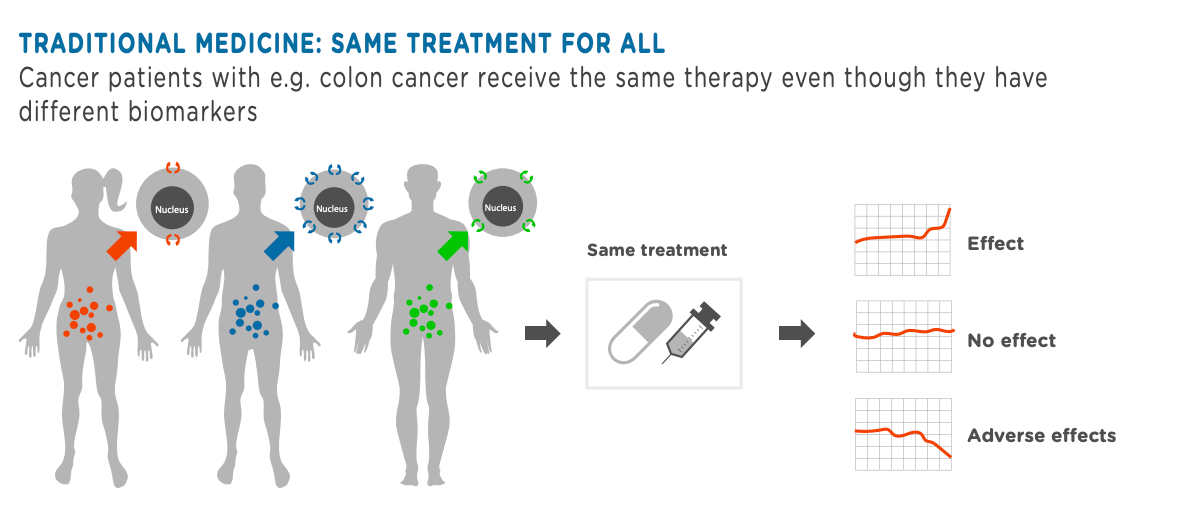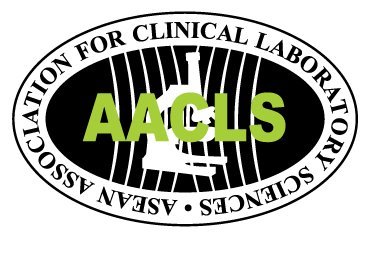The Role of Laboratory Medicine in Precision Medicine
Precision medicine, also known as personalized medicine, is an innovative approach to healthcare that takes into account individual variability in genes, environment, and lifestyle for each person. It aims to provide tailored medical treatments and interventions to improve patient outcomes. While precision medicine relies heavily on advancements in genomics and molecular biology, the role of laboratory medicine is equally crucial in this transformative field.
Laboratory medicine, also referred to as clinical laboratory science, encompasses a wide range of diagnostic and therapeutic services provided by highly skilled clinical laboratory scientists. These professionals play a vital role in the precision medicine landscape by providing accurate and reliable laboratory test results that inform clinical decision-making.
One of the key contributions of laboratory medicine in precision medicine is the identification and characterization of biomarkers. Biomarkers are measurable indicators that can be used to assess an individual’s health status, predict disease risk, and guide treatment selection. Clinical laboratory scientists are trained to analyze various types of biomarkers, including genetic, proteomic, and metabolomic markers, using advanced laboratory techniques.
In the context of precision medicine, laboratory medicine helps to identify genetic variations that are associated with specific diseases or drug responses. By analyzing a patient’s genetic makeup, laboratory scientists can identify genetic mutations or alterations that may impact the effectiveness or safety of certain medications. This information enables healthcare providers to prescribe medications that are tailored to an individual’s genetic profile, maximizing treatment efficacy and minimizing adverse effects.

Furthermore, laboratory medicine plays a critical role in monitoring treatment response and disease progression. Through the analysis of biomarkers, clinical laboratory scientists can assess the effectiveness of a particular treatment and make adjustments if necessary. This ongoing monitoring allows for personalized treatment modifications, ensuring that patients receive the most appropriate and effective therapies based on their individual response.
The field of laboratory medicine is constantly evolving, with new technologies and methodologies being developed to support precision medicine. For example, next-generation sequencing (NGS) techniques have revolutionized genetic testing by enabling the analysis of multiple genes simultaneously. This high-throughput approach allows for the identification of rare genetic variants and provides a more comprehensive understanding of an individual’s genetic predispositions.

In addition to technical skills, clinical laboratory scientists possess extensive knowledge in the interpretation of laboratory test results. They are trained to understand the clinical significance of various biomarkers and their implications for patient care. This expertise is crucial in precision medicine, as laboratory scientists collaborate with healthcare providers to interpret test results in the context of an individual’s unique clinical presentation.
The role of laboratory medicine in precision medicine extends beyond the laboratory walls. Clinical laboratory scientists actively participate in multidisciplinary teams, working closely with healthcare providers, genetic counselors, and other specialists to develop personalized treatment plans. Their expertise in laboratory diagnostics and interpretation of test results is invaluable in guiding treatment decisions and optimizing patient outcomes.
In conclusion, laboratory medicine plays a pivotal role in the field of precision medicine. Clinical laboratory scientists contribute their high skill and knowledge in analyzing biomarkers, identifying genetic variations, monitoring treatment response, and interpreting laboratory test results. Their expertise is essential in providing personalized healthcare interventions and improving patient outcomes in the era of precision medicine.


